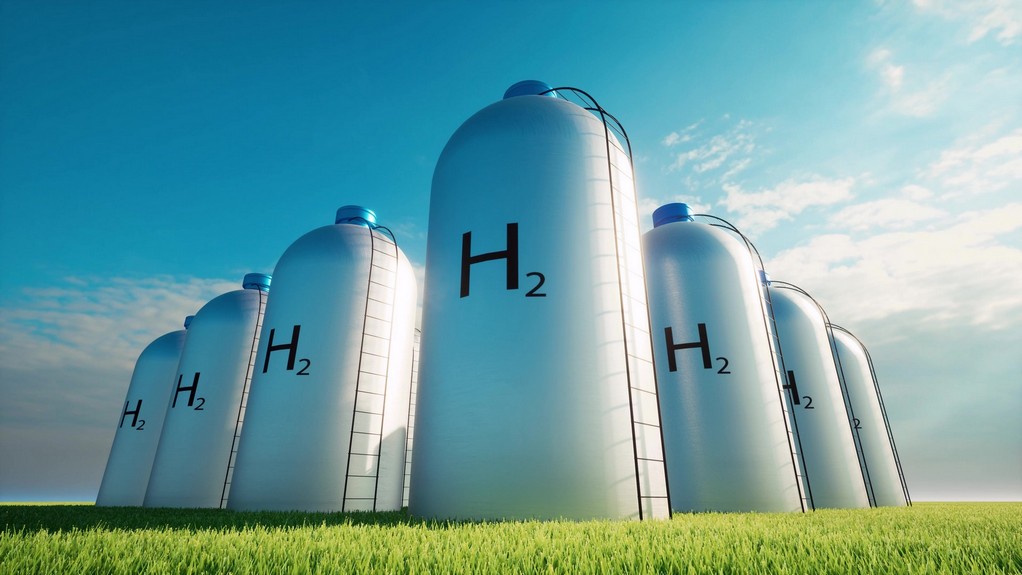Vattenfall has decided to cancel the Hydrogen Turbine 1 (HT1) project offshore Aberdeen, Scotland, almost two years after the firm began developing it. However, the project helped enable the creation of a regulatory and consenting regime for offshore hydrogen transportation and storage in the UK, according to the Swedish company.
The HT1 project was designed around Vattenfall’s 97 MW Aberdeen offshore wind farm, also known as the European Offshore Wind Deployment Centre (EOWDC).
The Hydrogen Turbine 1 (HT1) project was said to bring the world its first hydrogen-producing offshore wind turbine as it involved placing an electrolyser directly onto one of the eleven 8.8 MW operational turbines at Vattenfall’s offshore wind farm. The hydrogen at sea would be piped to shore at Aberdeen Harbor.
According to our previous news, HT1 would be able to produce enough hydrogen every day to power a hydrogen bus to travel 24,000 kilometres.
The developer planned to construct facilities including a pipeline and other specialist infrastructure next year, ahead of the first operation in 2025.
Part of the HT1 project was funded by the UK Department for Energy Security and Net Zero (DESNZ) through the Low Carbon Hydrogen Supply 2 funding programme.
Having tested the development phase for decentralised offshore hydrogen production, and in light of other industry advances, Vattenfall has now taken the decision to conclude the project, the company said. The findings are planned to be presented later in 2024.
Tags: Hydrogen, Turbine, Vettenfall



Recent Posts
DNV Grants Approval in Principle for New Ammonia Bunkering Vessel Design
Proteus Launches Modular Hydrogen Fuel Cell System for Maritime Sector
Van Oord Unveils Boreas, World’s Largest and Most Sustainable Offshore Wind Installation Vessel
New methanol-fuelled vessel ‘Berlin Maersk’ to enter service
NMPA wins greentech global environment award
CMA CGM in negotiations with Indian shipyards for LNG-powered shipbuilding
L&T to Develop Green Hydrogen and Ammonia Projects in Kandla
Pan Ocean Orders Two Eco-Ready VLCCs from HD Hyundai Heavy Industries